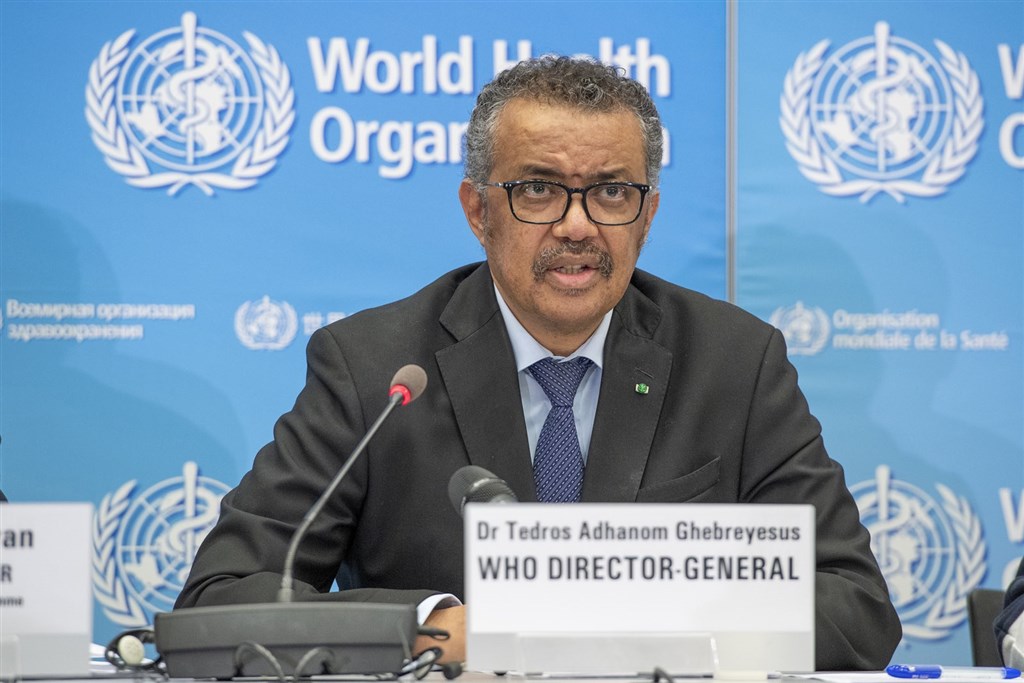WHO to plan stronger health systems worldwide


The 73d World Health Assembly, or WHA, next week will not only focus on how to defeat COVID-19 pandemic, but also on how the world can build stronger health systems, the World Health Organization said on Wednesday.
The WHA will be held on May 18-19 as a virtual conference and with a shorter schedule. As the WHO's decision-making body, the WHA is attended by delegations from all WHO member states to determine the policies of the organization, appoint its director-general, supervise financial policies and review and approve the proposed program budget.
WHO Director-General Tedros Adhanom Ghebreyesus said that the novel coronavirus outbreak has been an unprecedented shock to the world.
But he emphasized that through national unity and global solidarity, the world can save both lives and livelihoods and ensure that other health services for neglected diseases, child vaccination, HIV, tuberculosis and malaria continue to both function and improve.
"During the World Health Assembly next week we will discuss with health leaders from across the world not only how to defeat COVID-19 but also how we can build back stronger health systems everywhere," he told a virtual news conference from Geneva.
"We have a once-in-a-lifetime opportunity to prove that the world is more than just a collection of individual countries with colorful flags."
He said that the pandemic has made it crystal clear that "we are one world that has more in common with each other than we'd ever dare to believe".
Tedros pointed out that the best defense against disease outbreaks and other health threats is preparedness, which includes investing in building strong health systems and primary healthcare, something he called two sides of the same coin.
"If we don't invest in both, we will face not just health consequences but the social, economic and political fallout that we're already experiencing in this pandemic," he said.
On Wednesday, Tedros urged attention to the heightened vulnerability of prisoners during the COVID-19 pandemic.
Overcrowding in prisons undermines hygiene, health, safety and human dignity, a health response to COVID-19 in closed settings alone is insufficient, according to the WHO chief.
On Wednesday, the WHO joined the UN Office on Drugs and Crime, or UNODC, the Joint UN Programme on HIV/AIDS and the UN Human Rights Office in issuing a joint statement on COVID-19 in prisons and other closed settings.
"We urge political leaders to ensure that COVID-19 preparedness and responses in closed settings are identified and implemented in line with fundamental human rights and are guided by WHO guidance and recommendations to protect human health," he said.
In the United States, eight Florida prisons have become hot spots for COVID-19, with the number of inmates testing positive for the disease continuing to soar even as the state loosens restrictions aimed at preventing the spread of the virus, the News Service of Florida reported on Tuesday.
On Saturday, Al Jazeera reported that more than 30 percent of inmates and staff at a prison in central Colombia were affected by COVID-19. And there are fears now the outbreak could expand to the rest of the city of Villavicencio, about 70 km southeast of the capital Bogota.

































